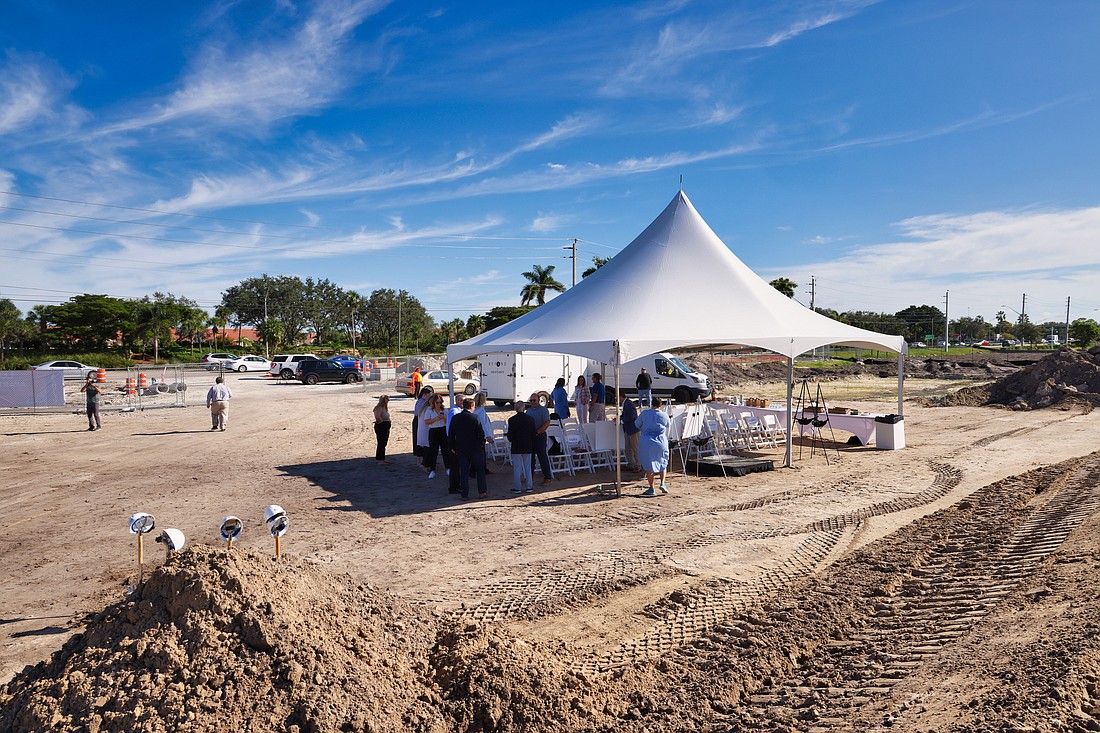- April 16, 2025
-
-
Loading

Loading

Legislation tweaking the Live Local Act has won near unanimous approval and is now headed to Gov. Ron DeSantis, who is expected to sign it.
Senate Bill 328 makes changes to the original legislation — passed last year to spur the development of affordable housing in the state — to, in part, address concerns from some localities and to strengthen its provisions.
The bill passed the House 112-1 last week after clearing the Senate 47-0 on Feb 7.
Seven House members did not vote on the bill. Ashley Gantt, D-Miami, was the only dissenting vote in the legislature. She also voted against the original bill, S.B. 102, last year.
The original legislation, which passed in March 2023 and went into effect July 1, provided $711 million in funding for housing programs and mandated local governments authorize multifamily developments on properties zoned as mixed-use residential, commercial or industrial if at least 40% of the units were set aside as affordable for people making up to 120% of the local area median income.
The idea was to make it easier for projects to clear regulatory hurdles and to eliminate roadblocks put up by neighbors who opposed affordable projects with higher density near their homes. This was critical, proponents say, because of the growing need to address an affordable, workforce and attainable housing crisis in the state driven by population growth and its effect on housing prices.
(Developers still need to meet local regulations, with residents getting a say on issues like landscaping, setbacks and parking standards.)
Some local communities across the state, including in Pasco County, have claimed the law keeps local leaders from having a say in what’s happening in their communities and that housing developments could go up without residents or elected officials providing input.
The changes in the new legislation are aimed at addressing some of those concerns by providing clear guidelines as to how Live Local projects meld with existing communities.
Among those changes are a prohibition limiting the floor area ratio from falling below 150% of the highest allowed usage and the creation of height protections within one mile of single-family neighborhoods. (Floor area is a technical term for a ratio between a building’s total constructed floor area and the land area.)
But Gantt, the Miami legislator, says the update doesn’t do enough to address the issue.
In an email to the Business Observer on Monday, she writes that, “The preemption in the bill along with other provisions that took away collaboration with communities were a few reasons I voted no.”
That sentiment isn’t universal.
Tampa Mayor Jane Castor says to date the city hasn’t seen much in the way of the Live Local projects but she expects that to change soon. And when these projects enter the pipeline “it will be a time saver for us to be able to get affordable housing without going through the zoning changes, (it) takes about six months off of the process.”
The update to the Live Local Act also includes clarifications on how tax exemptions are calculated and the elimination of parking requirements for transit-oriented development projects.
And it provides $100 million to the Florida Hometown Hero Program. The original legislation included $711 million that went to the Florida Housing and Finance Corp. for housing programs
As of early Monday afternoon, it wasn’t not known when — or if — the governor would sign the update into law.